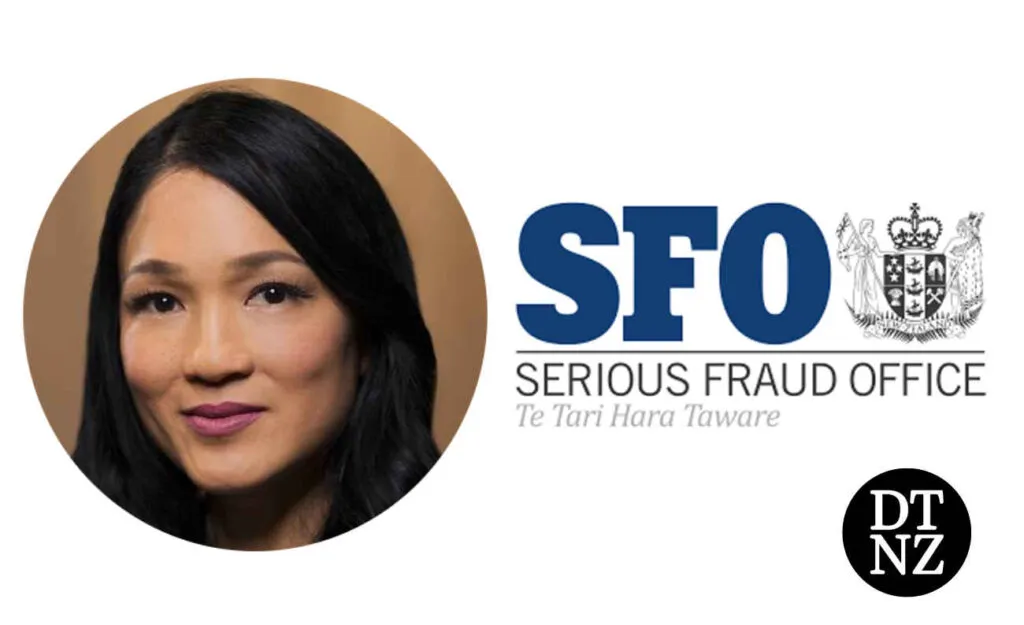Table of Contents
In a scathing judgment the Court of Appeal has condemned the Serious Fraud Office (SFO) for its “unnecessary, unreasonable and oppressive” methods, marking a turning point for the embattled agency.
The ruling, released Friday, highlights indiscriminate and unlawful practices that have compromised investigations over the past decade and could reshape how the SFO operates.
The judgment, which brought an abrupt end to a high-profile fraud case involving Waikato businessman and Māori trust chair Roger Pikia, found that 118 out of 203 SFO orders breached the law.
The case revolved around a trust managing $10 million in treaty settlement funds but collapsed after the court declared much of the evidence inadmissible.
The Court of Appeal’s findings are particularly damning. “The SFO’s approach involved significant overreach, looking for evidence of any misconduct in ‘the affairs of Roger Pikia’ regardless of whether or not such evidence was within the proper scope of the authorised investigation,” the judges wrote.
They described the SFO’s practices as “the antithesis of the correct approach”.
The court further criticised the SFO for sweeping data collection that included banking, phone, and travel records for Pikia and others, including Tainui leader Tukoroirangi Morgan and the late Sir Wira Gardiner.
These actions, the court noted, amounted to a “substantial and unjustified invasion of privacy”.
Deputy PM Winston Peters weighed in strongly on X, denouncing the SFO’s behaviour as “incompetent and arrogant”. He stated:
“The modus operandi of the SFO to conduct unlawful fishing expeditions is now apparent and demands that the directors who have been in charge, both past and present, need to be held to account. This ruling is not a matter that can be swept under the carpet.”
Peters, who previously led New Zealand First through an SFO investigation, highlighted the agency’s repeated disregard for legal warnings.
“The SFO was warned by reputable counsel in 2017 about their unlawful methods, yet they decided to ignore it and continue on regardless,” he wrote.
The ruling’s implications are far-reaching.
With calls for urgent legislative reform, parliament may need to either overhaul the SFO Act or place the agency under the Search and Surveillance Act. The SFO’s current practices, the court argued, are “incompatible with modern legal standards”.
SFO Director Karen Chang defended the agency’s original decision to prosecute Pikia but admitted the ruling undermined the case. “There now remains insufficient admissible evidence to justify proceeding further with this case,” she said in a statement. Chang acknowledged that the SFO has since modernised its practices to align with advancements in digital evidence collection.
Despite this, the ruling raises questions about other ongoing and past investigations.
According to Peters, “The outcome of this ruling shines a spotlight on the operation of the SFO… and questions their methods, authority, and overreach for previous investigations.”
The court’s conclusions underscore a critical need for accountability and transparency within the SFO. As Peters asserted, “Parliament cannot have intended that these intrusive powers, which may have considerable impact on the liberty of an individual, could be exercised in a disproportionate or indiscriminate manner.”
For Pikia, the collapse of the case marks the end of an eight-year legal battle.
This article was originally published by the Daily Telegraph New Zealand.









